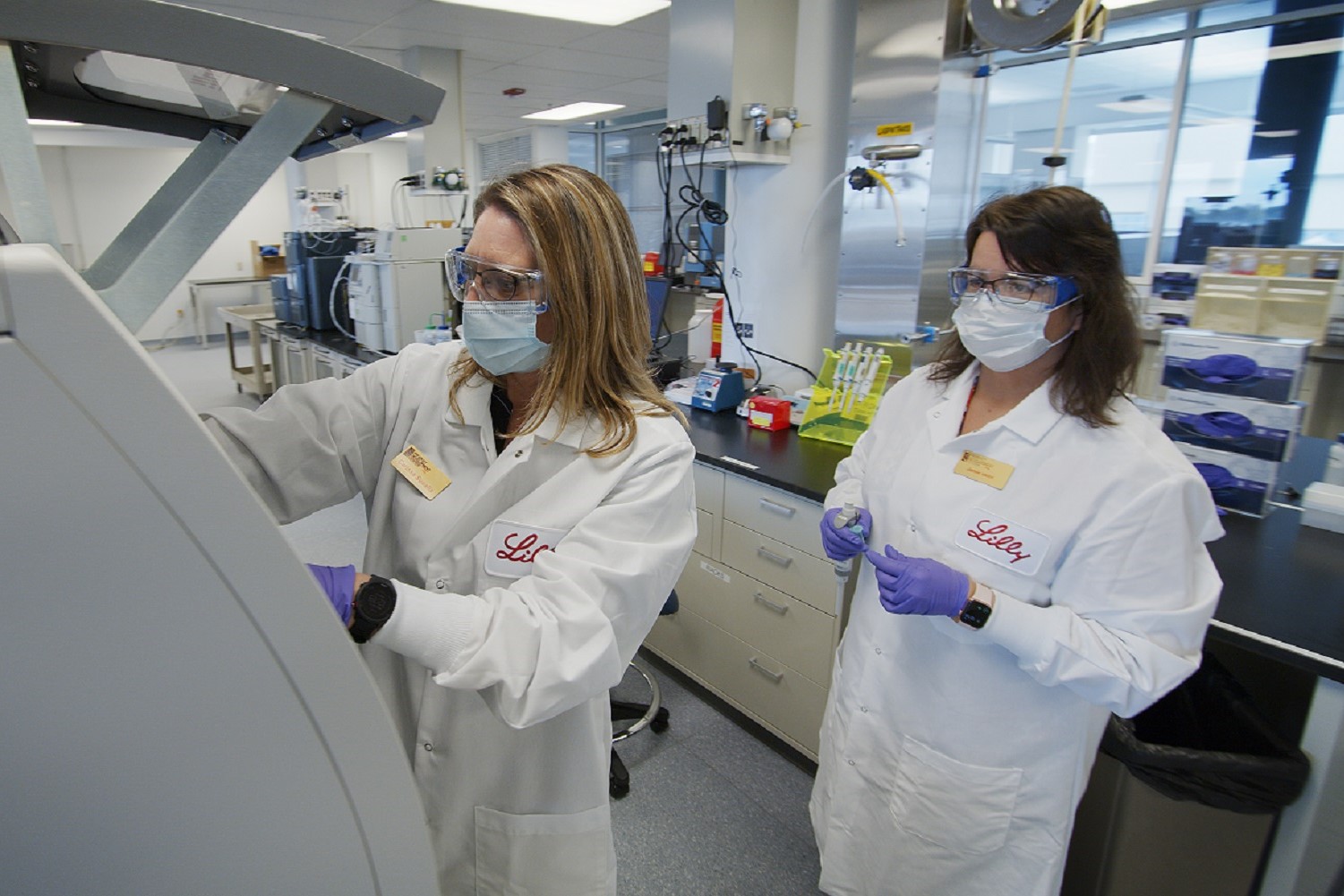A team of researchers at Jefferson University Hospitals and National Institutes of Health has found that vitamin C in high doses shows encouraging signs as a treatment aid with chemotherapy for advanced pancreatic cancer and is seeking patients for a phase 2 trial.
A small phase 1 clinical trial at Jefferson used high-dose, intravenous vitamin C three times a week across an eight-week cycle in nine patients with metastatic stage four pancreatic cancer along with gemcitabine and erlotinib chemotherapy regimens, according to an article published in PLoS One and described on Jefferson’s website. The test found toxicity levels did not increase.
The work is being funded by the NIH, Jefferson and the Marcus Foundation.

With the Rise of AI, What IP Disputes in Healthcare Are Likely to Emerge?
Munck Wilson Mandala Partner Greg Howison shared his perspective on some of the legal ramifications around AI, IP, connected devices and the data they generate, in response to emailed questions.
Dr. Daniel Monti is the medical director of the Myrna Brind Center of Integrative Medicine at Jefferson in Philadelphia and the lead author of the study. He acknowledged the controversy associated with the use of vitamin C in cancer research, much of it stemming from the Mayo Clinic disproving the findings of Nobel Prize-winning scientist Linus Paulin. But he pointed out that although the body’s digestive tract can’t handle 10 grams of vitamin C taken orally, the body can receive much more intravenously.
“I think the cancer community became understandably skeptical from previous human trials,” Monti said.
“Our primary goal in the phase 1 study was to evaluate safety,” Monti said. “But it has certainly paved the way for a phase 2 study and we’re about to enroll patients. We have also opened a phase 1b trial for colorectal cancer. The hope is to clearly delineate what vitamin C does and does not do.”
Monti declined to discuss whether the group’s hope is to have a pharmaceutical company commercialize the treatment. “Once we pass the hurdle of the phase 2, and if it shows promising data, that is when we will see a significant increase in others wanting to explore this,” Monti said. “We need to have data and with the data the rest will follow.”
[Photo from flickr user lee.uh]














